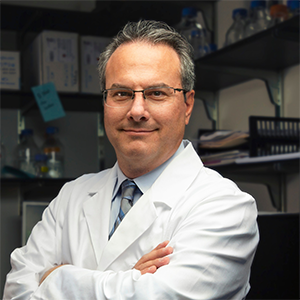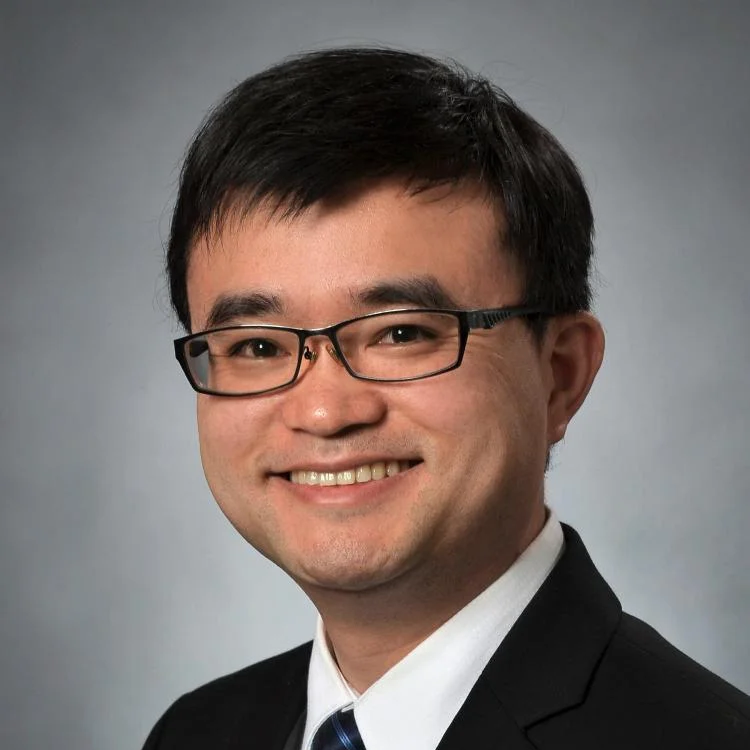University of Colorado Cancer Center researchers from the Anschutz and Boulder campuses are collaborating on a broad range of research that recently received AB Nexus support.
AB Nexus grants are supported by the University of Colorado President’s Initiative and fund collaborations and innovations between researchers based at the CU Anschutz and CU Boulder campuses. Since launching in fall 2020, the AB Nexus Research Collaboration Grant Program has awarded more than $2 million to 30 teams focusing on basic, translational, and clinical research.
These specific cancer AB Nexus grants also included co-funding from the CU Cancer Center.
The spring 2022 AB Nexus grant winners are conducting a broad spectrum of research across biosciences, engineering, pharmacology and immunology, public health, mental health, and others.
Drug discovery
Among these projects is a study that proposes to execute a new drug discovery and therapeutic strategy involving PARP inhibitors, which are a type of cancer drug that prevent cancer cells from repairing, allowing them to die.
"PARP inhibitors have revolutionized the clinical treatment of cancer, particularly breast, ovarian, and pancreatic cancers,” explains CU Cancer Center member Daniel LaBarbera, PhD, director of the Center for Drug Discovery in the Skaggs School of Pharmacy and Pharmaceutical Sciences, who is partnering on this research with CU Cancer Center Member Karolin Luger, PhD, a professor of biochemistry at CU Boulder. “However, PARP inhibitors are plagued by significant drug resistance mechanisms.”
Their research will target a specific protein complex with PARP that is implicated in cancer, with the aim of developing a therapeutic strategy that requires lower dosages and shows fewer adverse side effects.
Enhanced antitumor immunity
CU Cancer Center Tumor Host Interactions program Co-leader Jill Slansky, PhD, a professor of immunology and microbiology in the CU School of Medicine, is partnering with CU Cancer Center member Xiaoyun Ding, PhD, an assistant professor of mechanical engineering at CU Boulder, to use mechanical biomarkers of cells to identify specific T cells that effectively bind to tumor antigens. An antigen is any substance that causes the immune system to produce antibodies against it.
“Using immune cells, such as CD8+ T cells, isolated from the patient’s own blood, tumor, or lymph nodes to kill cancer cells can be very specific and potent, resulting in improved overall survival rates,” Slansky says. “Our goal is to use mechanical biomarkers of cells, such as mass, compressibility, viscosity, stiffness, and density to identify optimal antigen-specific T cells that effectively bind to tumor antigens.”
Slansky and Ding hypothesize that mechanical biomarkers of T cells can be identified for adoptive cell therapy (ACT) that will show which T cells are antigen-specific and have the optimal binding properties for the tumor, resulting in enhanced antitumor immunity.







